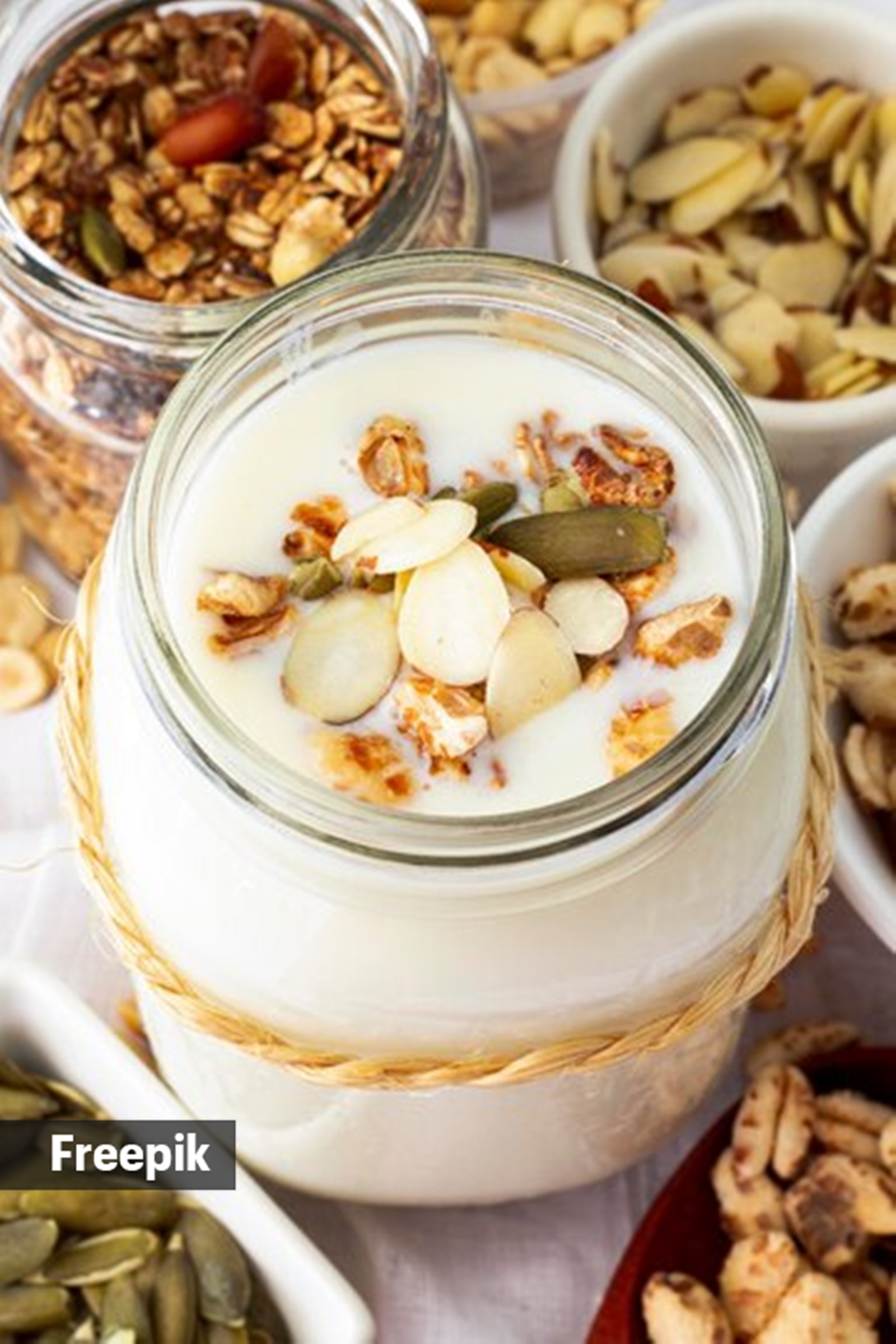Maintaining a balanced lifestyle can be a challenge, especially for women who juggle multiple responsibilities. Although regular exercise is widely recognized as an important component of a healthy lifestyle, not everyone has the time or ability to exercise. Be physically active on a regular basis.
Recognising this reality, the Indian Council of Medical Research (ICMR), in its latest dietary guidelines, has released a detailed dietary table for women who do not or are unable to exercise regularly.
Elaborating on this point, Dr Vinuta G, Senior Gynaecological Consultant and Women's Health Expert at Athreya Super Speciality Hospital, said, “The ICMR guidelines offer important advice when it comes to nutrition for women who do not exercise regularly.”
Important Nutritional Considerations
For less active people, it's even more important to watch what and how much you eat. “The ICMR recommends portion control to avoid overeating. Make vegetables a big part of your diet. They are low in calories, Rich in vitamins, minerals and dietary fiber'Think about cooking foods in tasty, healthy ways, such as baking or steaming, using minimal amounts of oil,' explains Dr Vinuta.
Lean protein is also essential, she says. Opt for skinless chicken, lean meats, and fish, which will provide you with the nutrients you need without the extra calories and unhealthy fats. And be mindful of your beverage choices: water, herbal teas, and unsweetened drinks are best, as sugary drinks can add a ton of extra calories that you may not realize.

Differences in dietary needs
Dr Vinuta says: “Women who don't exercise regularly need fewer calories than more active women, but this doesn't mean they should eat less food overall. This means you should eat nutritious foods. “It's not the calories. Foods high in fiber are especially helpful because they aid digestion and keep you fuller for longer, helping you to keep your calorie intake in check.”

A balanced intake of protein, healthy fats and complex carbohydrates is still important, but with a sedentary lifestyle, “you also need to focus on getting enough vitamins and minerals to support your overall health,” she argues.
Maintain a healthy weight and metabolism

The guidelines offer clear strategies to help people who lead sedentary lifestyles maintain a healthy weight and metabolism. According to Dr Vinuta, the key is to eat a balanced diet that includes whole grains, lean protein, and plenty of vegetables and fruit. Regular meals help you avoid temptation Avoid unhealthy snacking. Staying well hydrated supports your metabolism and overall health.
“Processed foods should be avoided, especially those high in sugar, salt and unhealthy fats. These can lead to weight gain and metabolic disorders, which are difficult to combat if you are not physically active,” she recommends.
Practical Dietary Recommendations
Dr Vinuta gives some practical tips to get your diet on track as per ICMR guidelines.
Colorful vegetables: Add a variety of vegetables to your plate. Low in calories but high in important nutrients.
Whole grains: Replace refined grains with whole grains like brown rice, whole wheat and millet, which provide energy and fiber.
Lean Protein Sources: Include beans, lentils, skinless chicken, and fish in your diet, which can help you maintain muscle mass without gaining unnecessary fat.
Healthy Snacks: Instead of high-calorie, low-nutrient snacks, choose nuts, seeds, plain yogurt, or fruit.
Mindful Eating: Watch your portions and try to limit your intake of sugary drinks and processed foods.


